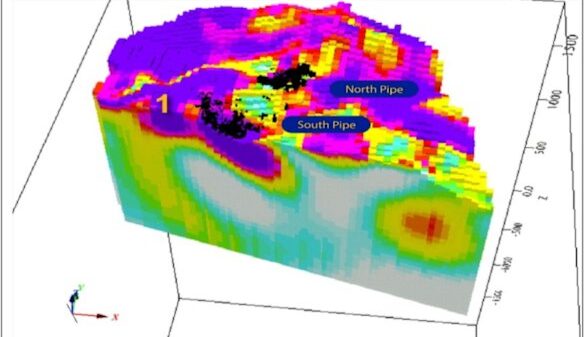URGENT UPDATE: A groundbreaking study published today in the Nature journal reveals that breastfeeding may significantly lower the risk of developing aggressive breast cancer in women. This research, led by Professor Sherene Loi at the Peter MacCallum Cancer Centre in Australia, provides new insights into the immune system’s role in cancer prevention.
The study analyzed data from over 1,000 patients diagnosed with triple-negative breast cancer, the most aggressive form of the disease, and found that women who breastfed their children exhibited a higher presence of CD8+ T cells—immune cells that target and kill tumors—even decades post-childbirth. This discovery shifts the focus from hormonal changes during pregnancy to immune adaptations within breast tissue.
Professor Loi stated, “Our findings suggest that the immune activation resulting from breastfeeding creates an ongoing defense against breast cancer.” She emphasized that these immune cells function as “local guards,” ready to attack abnormal cells that could develop into cancerous growths.
This research highlights the critical role women play in the survival of future generations, suggesting that the immune system has evolved to protect mothers after childbirth, thereby ensuring the safety of infants. The implications are profound: breastfeeding may not only reduce breast cancer risk but potentially lower the risk of other cancers and diseases.
Moreover, the study found that the longer a woman breastfed, the more effective her T cells became at combating breast cancer. Professor Loi noted, “This points to new avenues for breast cancer prevention and treatment. By activating the immune system, we can improve patient outcomes and reduce recurrence rates.”
With these findings, there is potential for developing innovative therapies that could protect women who do not have children or are unable to breastfeed. Professor Loi hinted at future possibilities including vaccines and other immune-based treatments that could harness the protective effects observed in breastfeeding.
As this research continues to unfold, it marks a pivotal moment in understanding breast cancer dynamics and opens doors to new preventive strategies. Stay tuned for further updates on this developing story that could reshape breast cancer treatment and prevention protocols. The impact of these findings on public health could be monumental, making this an urgent conversation for women everywhere.





























































